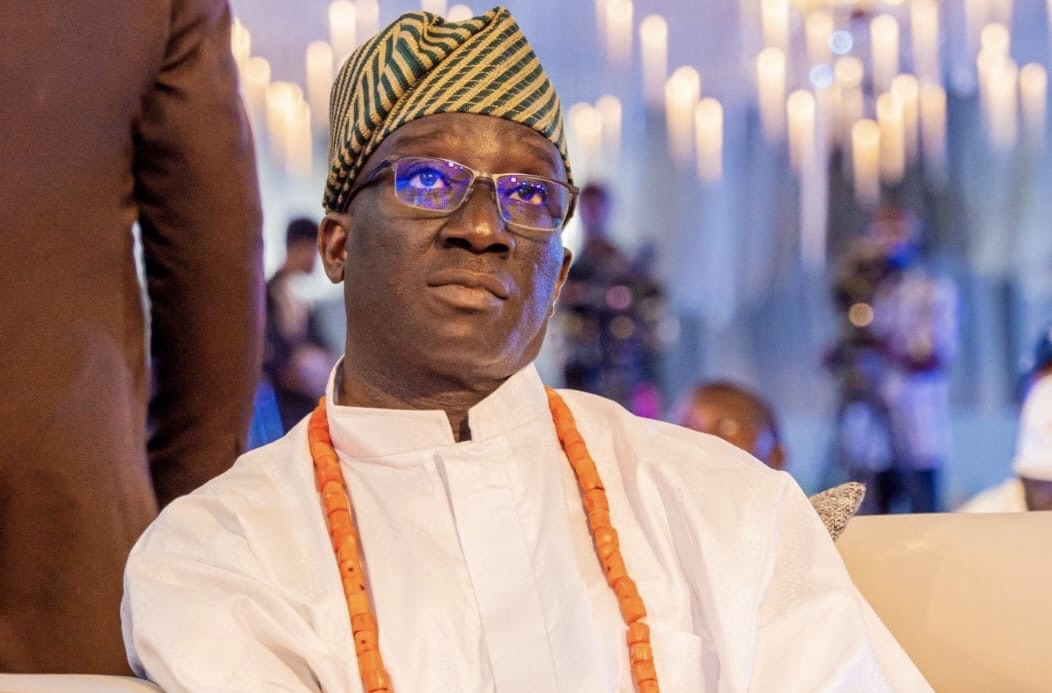Nigeria’s Presidential Election Petitions Court (PEPC) in a 12-hour judgement delivered in Abuja, Wednesday, has dismissed the petitions of three political parties and flagbearers, challenging the victory of President Bola Tinubu at the May 25, 2023 presidential elections.
The dismissed petitions were those of the Allied Peoples Movement (APM); the Peoples Democratic Party (PDP) and its flag bearer, Atiku Abubakar; as well as the Labour Party (LP) and its presidential candidate, Peter Obi.
The PEPC panel comprised of five justices led by Justice Haruna Tsammani.
Justice Tsammani said the petitions brought before the court lacked merit and that as such, he affirmed the return of Bola Tinubu “as the duly elected president of the Federal Republic of Nigeria.” The parties are to bear their cost, Tsammani said.
The 12-hour long preceedings were broadcast live on Nigerian television and likewise open to view for millions of people across the world on their mobile phone portals.
The first verdict delivered was on the petitions of the APM, and then came those of the LP and the PDP.
The Tribunal dismissed the case of the APM for incompetence and lack of merit.
Justice Tsammani said in delivering judgment, that matters raised by the APM in its petition contained pre-election claims that fell exclusively within the purview of the Federal High Court.
He further observed that since the petition dwelt on the qualification of Tinubu to contest the presidential election, the APM should have gone to court within 14 days of Tinubu’s nomination by the APC.
He also stated that the Supreme Court had earlier decided that a political party had no right to challenge a nomination which was presented by another political party.

The court also held that where an election has already been conducted and the result declared, the qualification of a candidate could no longer be challenged, according to sections 131 and 137 of the Nigerian Constitution.
On the petitions of the Labour Party (LP) the court ruled that the LP’s petition of irregularities in the 2023 presidential election was generic.
It further ruled that the Independent National Electoral Commission (INEC) was at liberty to decide the mode of transmission of election results during the presidential election on February 25, 2023.
The court stated that in line with Sections 52 and 65 of the Electoral Act 2022, it was within the purview of INEC to decide the manner in which election results were transmitted during the poll.
It therefore dismissed the petition of the LP and Obi, which argued that the victory of Tinubu be annulled on the basis of the “failure” of the commission’s Results Viewing Portal (IReV) to upload election results electronically and in real time.
The Tribunal also dismissed the claim that securing a minimum of 25 percent of the votes cast in the Federal Capital City (FCT) Abuja, was a condition for winning the presidential election and stated that Abuja was like other state in the federation.
Also, the court said the Electoral Act 2022 made no provision for electronic transmission of election results and that the only technological device that was mandatory for INEC to use for the election was the Bimodal Voter Accreditation System (BVAS).
The court held that the commission’s Results Viewing Portal (IReV) was not a collation system and the judgment in the case of Oyetola Vs INEC clearly supports this.
Justice Tsammani said there was no provision for the electronic transmission of election results in the Electoral Act 2022, adding that such transmission was at best optional.
The court also ruled that the Labour Party and its presidential candidate, Peter Obi, failed to establish that INEC deliberately refused to promptly upload polling unit results to its Results Viewing Portal in order to manipulate the results in favour of Tinubu of the APC.
The Tribunal ruled that the Labour Party Obi failed to prove that Tinubu was convicted for money laundering in the United States and that no record of criminal arrest or conviction was established against Tinubu by the petitioners.
Justice Tsammani said the ex-governor of Lagos State was not convicted of any crime or any criminal activity and no sentence of imprisonment or fine was imposed on him.
He said according to Section 137 of the constitution, Tinubu is not disqualified from contesting the presidential poll.


